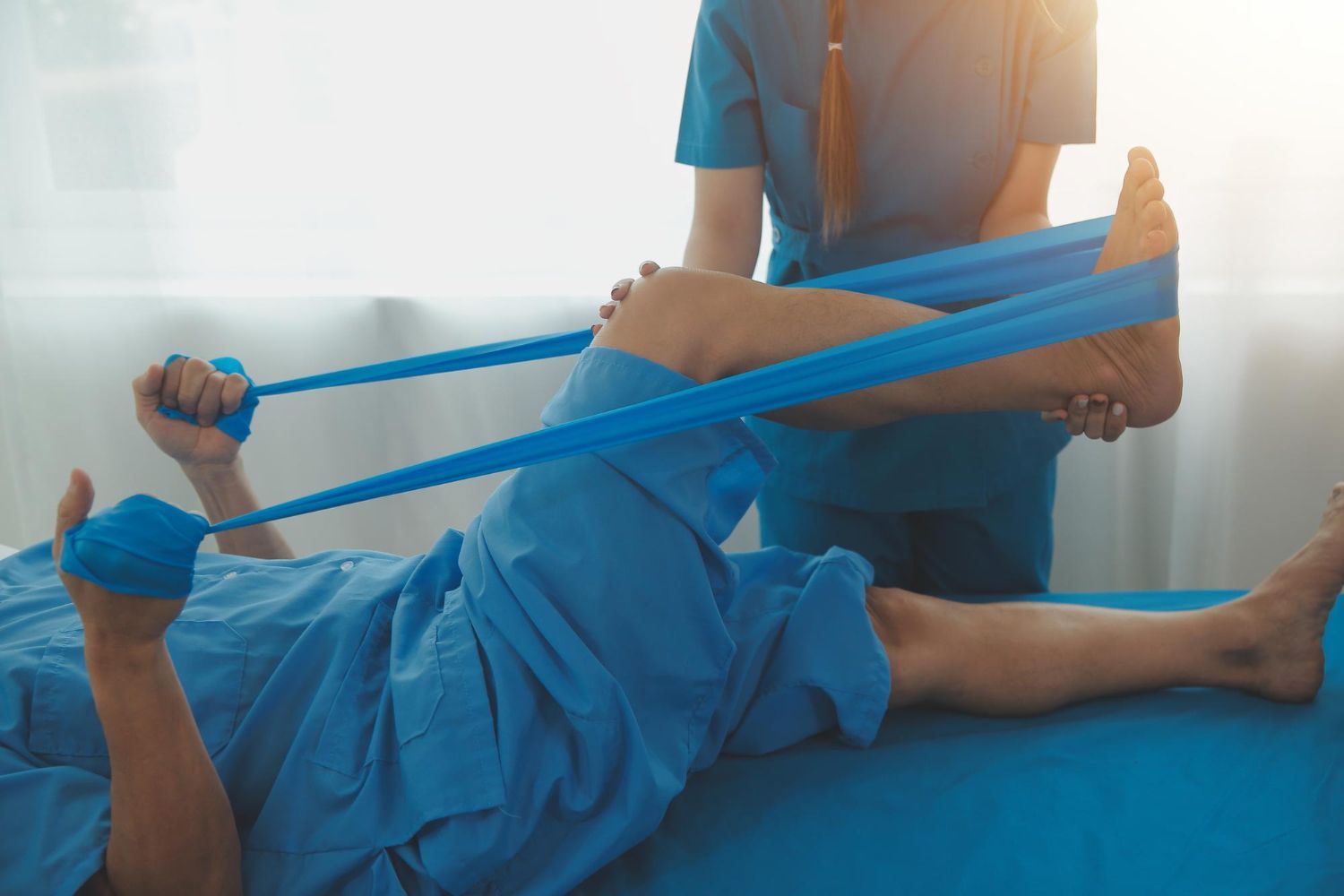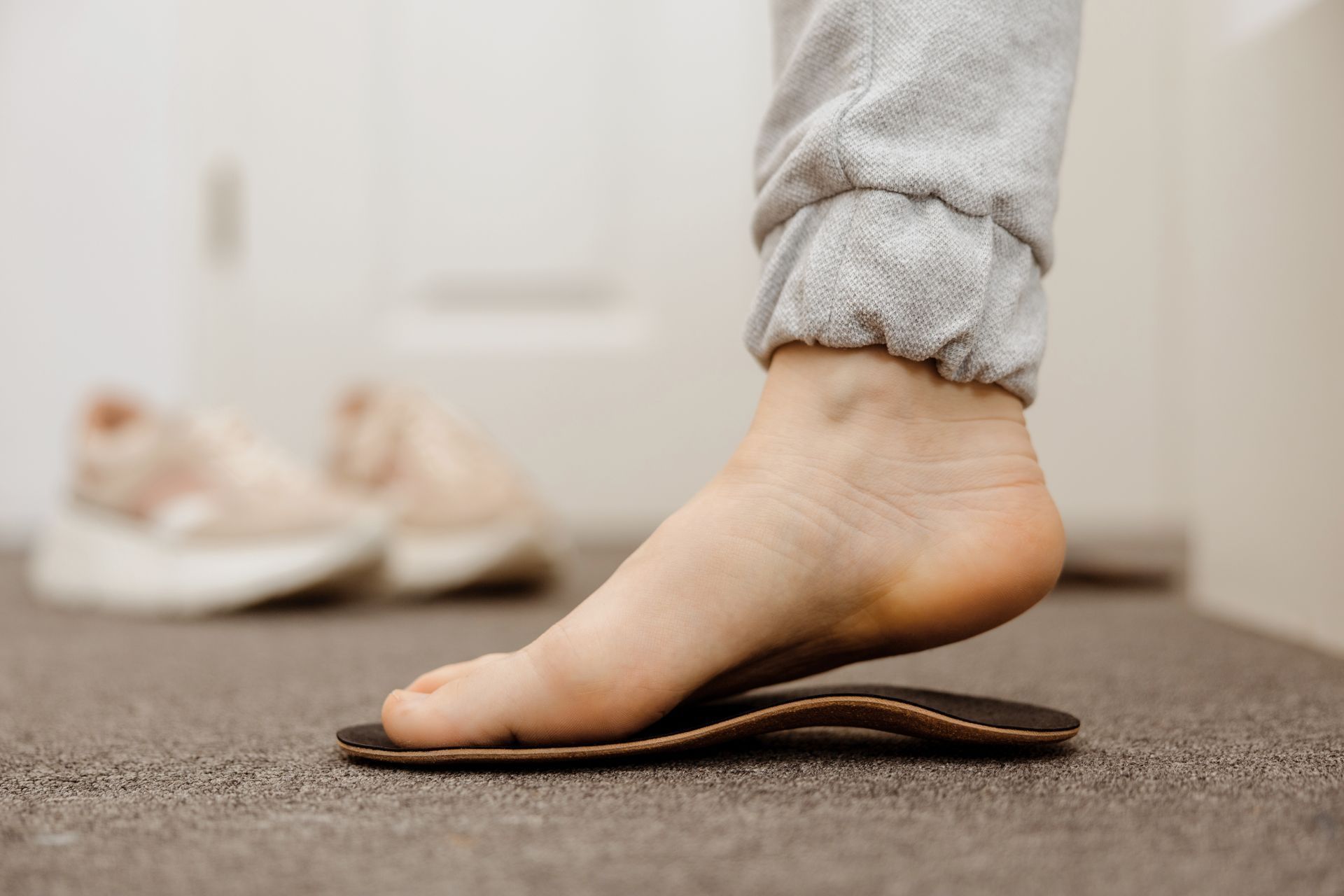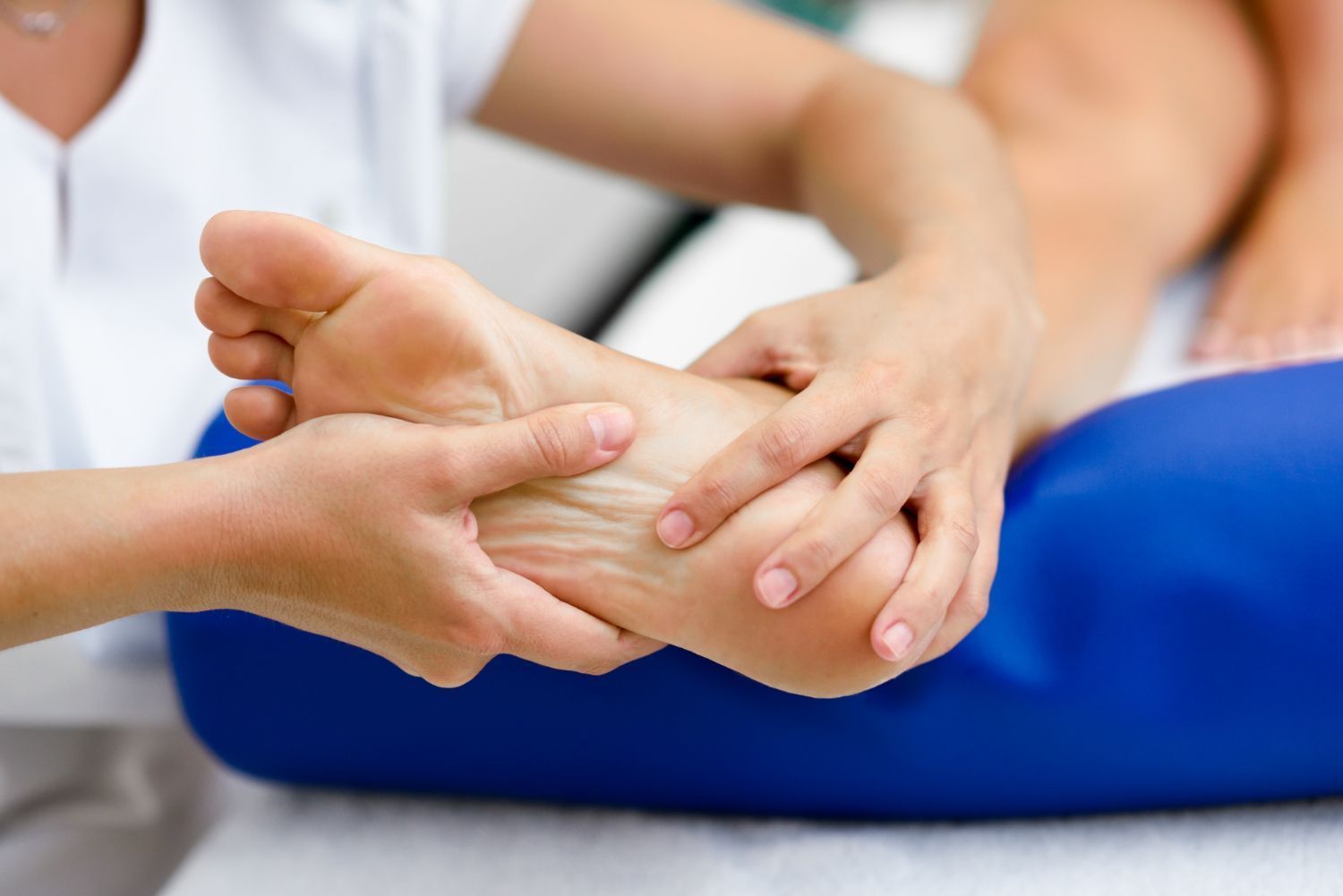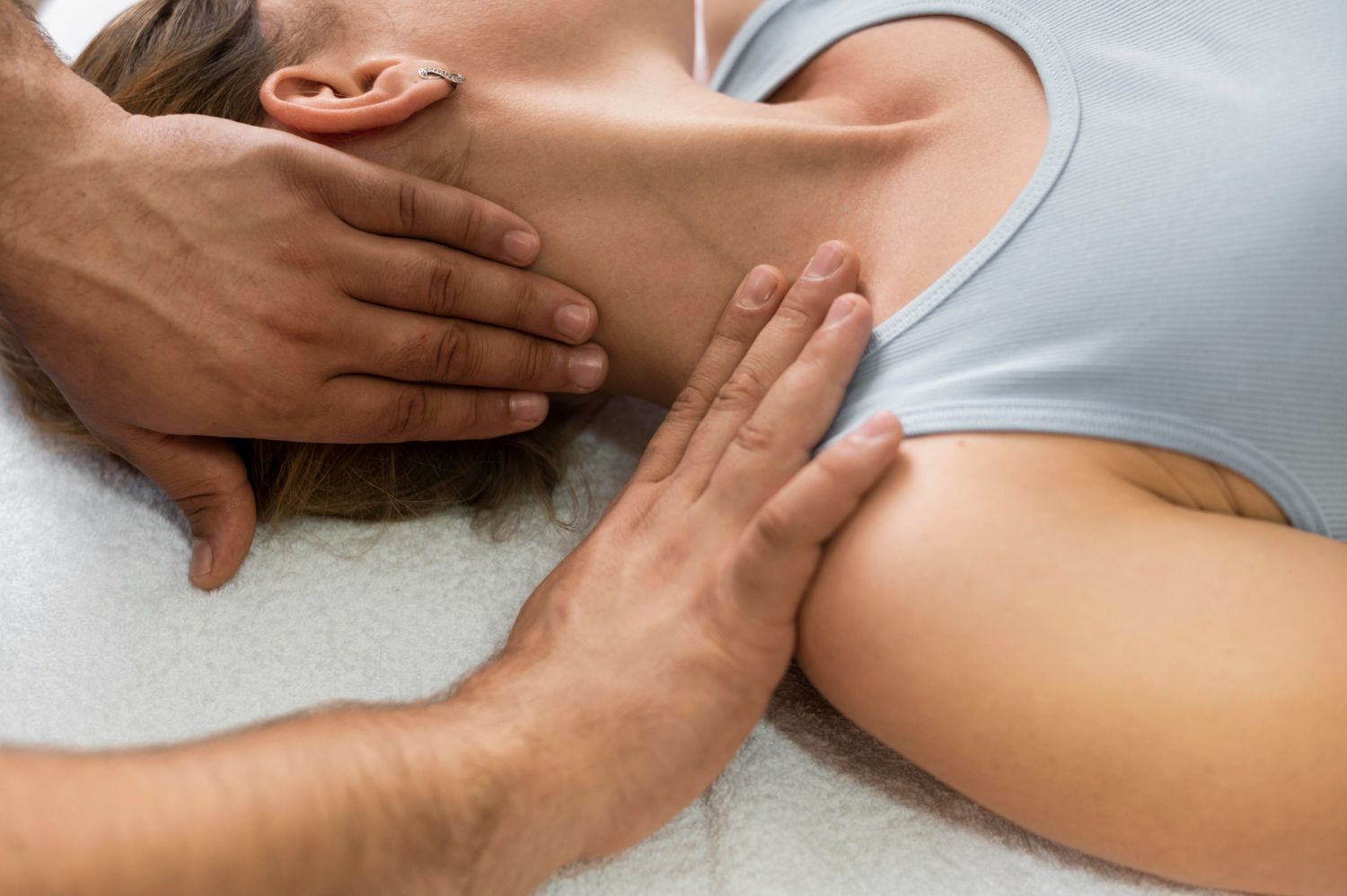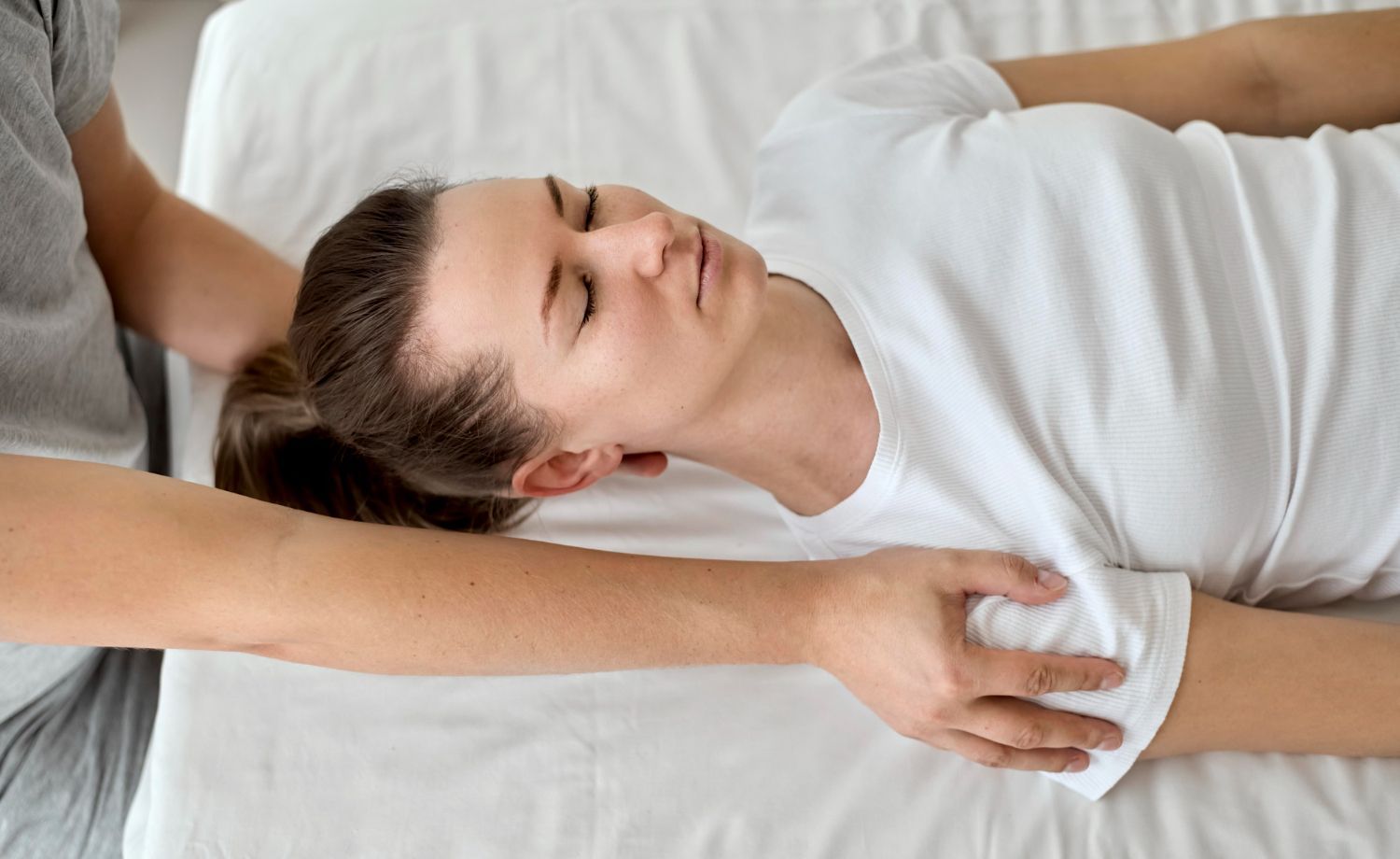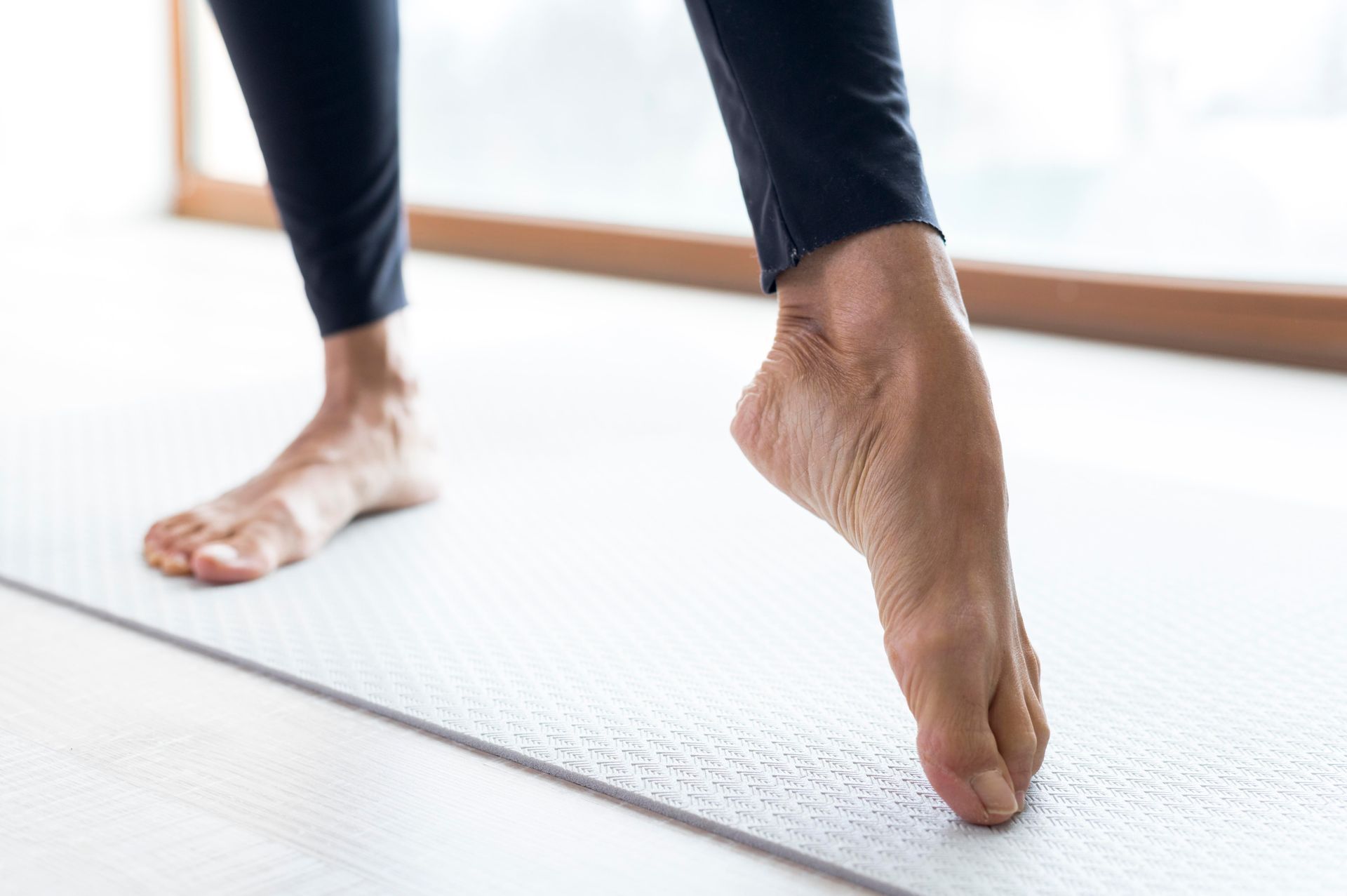Top Acupuncture Myths Debunked
You may be wondering: how does acupuncture work? Is it painful? Does it come with side effects? An ancient form of medicine, acupuncture originated in China some 3,000 years ago and has stood the test of time. It’s a popular option for treating such conditions as headaches, back pain, osteoarthritis, dental pain, carpal tunnel syndrome, and more. Yet in spite of its long history of pain relief, there remain countless misconceptions surrounding this treatment.
Practitioners believe that hundreds of acupuncture points are located throughout the body, all of which are connected by pathways that create an energy flow. Any disruption of this flow can negatively influence overall health. Acupuncturists insert stainless steel needles at these specific points to stimulate the central nervous system and release chemicals that can promote the body’s natural ability to heal itself.
Since
acupuncture
involves needles, some people are averse to trying it. If you’ve been feeling hesitant, this article will dispel some of the most common myths that may be holding you back.
Acupuncture is Painful
Even though we’re talking about needles being inserted into the body, acupuncture is generally not a painful experience. In fact, many patients find it completely relaxing, and each needle is thin enough to rival a strand of human hair! Although you may feel an initial pinch, prick, or dull ache at the insertion point, this quickly subsides. If not, the needles can be adjusted to make you more comfortable.
Acupuncture Is Not Legitimate
Having someone stick needles into your body to relieve pain or other symptoms may seem odd, mystical, and even downright weird. However, numerous controlled scientific research trials have proven acupuncture to be an effective treatment for an array of health issues, and the practice is now widely accepted in Western medicine.
Acupuncture is a minimally invasive way to promote self-healing by helping to balance various interconnected systems. Although there is still some question regarding exactly how acupuncture works, it’s widely believed that the needles stimulate nerve endings, signaling the body to respond by increasing blood circulation and releasing pain-relieving hormones.
Not just anyone can perform this treatment. Potential acupuncturists in Canada must complete an approved program, pass an examination, and rack up a minimum of 500 hours of practice before receiving provincial certification.
Acupuncture is Only Used for Treating Pain
While it’s true that this treatment works to relieve pain, acupuncture benefits extend to treating depression, respiratory disorders, digestive conditions, infections, premenstrual syndrome, infertility, allergies, stress, and chemotherapy side effects like nausea and vomiting.
Acupuncture Has a Lot of Side Effects
Actually, acupuncture has few side effects, provided you are seeing a qualified practitioner who uses sterile, single-use, disposable needles. Dirty needles do present the risk of serious infection.
The most common side effects are fatigue, soreness, and bruising at the site of needle insertion, particularly after your first appointment. Your acupuncturist can answer any questions you have about the procedure so that you feel comfortable. After treatment, you should be able to resume your normal daily activities.
Book an Appointment Today!
Whether you’re experiencing chronic pain, migraines, anxiety, or any kind of condition that’s negatively affecting your health and wellbeing, don’t overlook the positive effects of acupuncture.
To find out more about acupuncture and other treatments available at our Don Valley Health and Wellness Centre in Toronto, call us at 416-466-4438, or
book an appointment online
.
